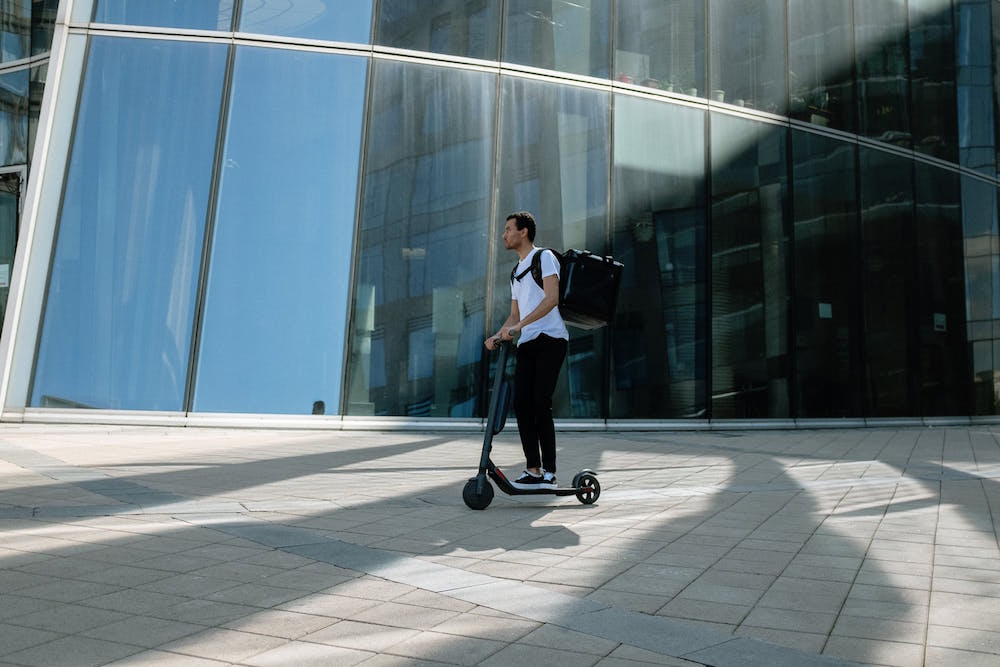Today’s Covid-19 influenced new normal is presenting a major opportunity for micro mobility. E-scooters and the like could potentially help solve congestion issues on public transportation networks. As a personal choice for commuters they may provide freedom for easier social distancing. For city legislators they could hold the key to reducing commuter volumes on public transport during peak hours, allowing them to deliver better distancing options. However, there are issues for widespread use such as safety and security. And, for e-scooter hire Covid-19 delivers a sanitization challenge.
GPS tracking of e-scooters and other modalities such as e-bikes and kick scooters can manage some of the intricacies of these new methods of commuter and personal transport. It can help to enable the progression towards our newer, smarter, more environmentally friendly cities, assisting with easier social distancing in busy locales.
Commuters are faced with a challenge today, how do they social distance and get to work? E-scooters provide an alternative to driving, walking or cycling. Ride-sharing platform Lime has recently reported an increase in e-scooter usage of 14%. New York state has now legalized e-scooters. The UK and Estonia plans to follow with legalization. In forward-thinking European countries like Germany, France, Austria, and Switzerland e-scooters are already both popular and legal.
As lockdown’s eased around the world, scooter rental companies found renewed opportunities. Patrick Studener, head of EMEA at startup Bird recently declared:
“Following the (UK) government’s announcement on scooter trials, we’ve had dozens of inquiries from city officials who want to get their cities moving again; congestion and emission-free, while maintaining social distancing.”
This UK market boost is indicative of opportunity around the globe. Covid-19 will add sanitizing and health-related challenges to ride and e-scooter sharing options but these can be mitigated. The GPS tracking of micro mobility vehicles can help rental providers, city managers and even personal owners keep tight control of their e-vehicles.
Dockless e-scooter hire schemes, where scooters don’t have to be retuned to a specific base, have led to these machines being left all-over cities. GPS tracking means e-scooters can be easily recovered and rental users can quickly discover the location of the nearest scooter using a relevant smartphone application.
Ongoing GPS tracking and the recording of e-scooter use can provide incredibly valuable data that rental companies and cities can use to plan e-scooter hubs and operation. Data analysis can optimise scooter location and availability as well as planning effective recharging and even sanitization solutions.
GPS micro mobility tracking services, have integrated GNSS, GSM and Bluetooth connectivity. They are designed for IoT and for connective data-sharing applications which monitor mobility vehicles, aiding security and informed use. They also can allow e-scooters to be controlled remotely. Such e-scooter GPS tracking services have great benefits for personal customers but also offer incredible fleet management solutions for e-scooter hire companies or business users of e-scooters.
Food delivery service operators, for example, can use GPS tracking of delivery vehicles to provide an exact route status and ETA to their customers. This too aids with social distancing when customers can be ready, for instance, at the entrance to their apartment block to receive a delivery at the exact instance of its arrival. Delivery operators don’t need to enter buildings searching for customers, and customers don’t need to hang out in busy communal areas waiting.
